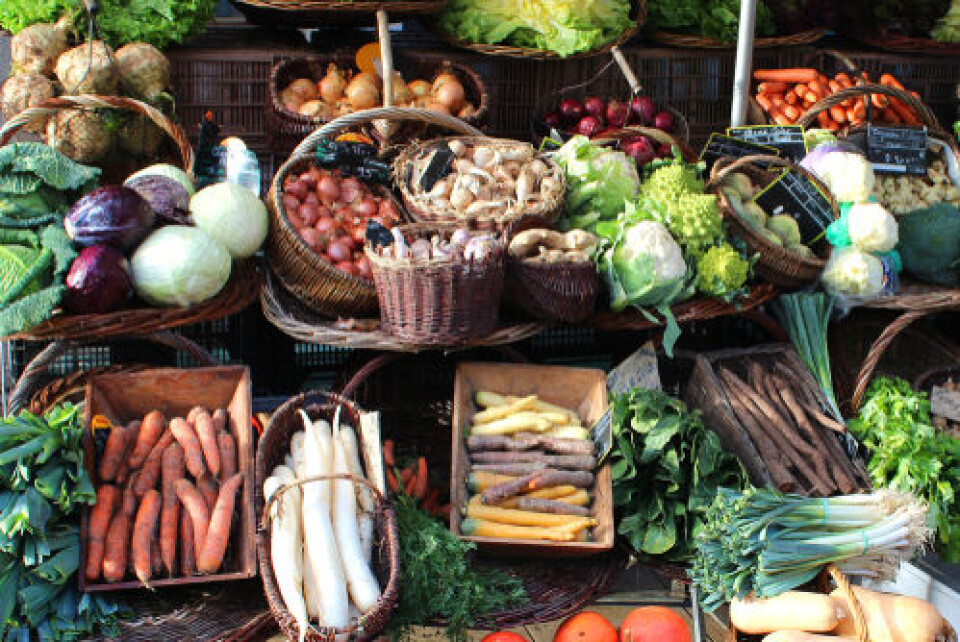-
France public transport fares should double, claims report to Transport Ministry
French passenger fares currently cover less than a fifth of the total service cost
-
Processionary caterpillars return across France, warn local authorities
Insect has been seen two months earlier than usual in many areas
-
EES: Why am I fingerprinted every time at Nice airport?
Phase-in period is continuing and technical improvements are still awaited
French farmers in plea for help as sales of organic food fall
After booming during Covid, the organic food market is on the decline in France, and farmers say inflation is not to blame

Organic farmers are calling for state help as demand for their products continues to fall causing many farmers to convert or reconvert back to conventional farming or quit altogether.
The value of organic food sales fell by 1.3% in 2021, according to the latest available figures from the government’s Agence Bio, and the trend continued in 2022.
“The fall has reached worrying levels, particularly in the context of inflation,” said Philippe Camburet, president of the Fédération Nationale d’Agriculture Biologique (FNAB).
“Previous declines 10 or 15 years ago did not happen in the same context.
“Last July, we had almost 60,000 organic farms, which had been increasing between 10 and 15% every year.
This year, the increase is likely to be 1 or 2%.”
Mr Camburet said inflation is not the main cause of the current situation.
Crisis predictable
“The crisis was predictable, as we had strong growth for several years. Unfortunately, large retailers have chosen to always look for lower prices, making space for labels which are not organic but which send out a similar message.”
He referenced labels such as Haute Valeur Environnementale and Zéro Résidu de Pesticides, which have less strict conditions, and said the organic sector needs to be more active in getting its message across.
“Consumers end up feeling lost, and are going to go for the cheaper products.
“An organic product does not just have no pesticide residue, it comes from farms where there are lots of different techniques for preserving drinking water, biodiversity, the climate…”
In November, the FNAB co-signed an open letter with the Synabio and FOREBio organisations, criticising the fall in the number of organic products on offer in supermarket chains – down 7.3% between January and September 2022.
The crisis began around a year and a half ago, Mr Camburet said.
“Large quantities of organic products arrived on the market, but we didn’t communicate enough with the general public and supply outpaced demand.”
Demand had been high when Covid hit and people turned to more local produce.
Lockdown ‘positive effect on sales’
“The lockdowns had a positive effect on sales but afterwards these quickly fell, to below where they were before even.”
While organic farmers have not been as affected by inflation, since they are not dependent on the prices of fertilisers or animal feed which have shot up, consumers have still turned to what are deemed to be cheaper alternatives.
“Demand has fallen, so many farms are selling at lower prices than before.
It’s not a case of rising production costs, but falling sales prices.
“I have lots of colleagues who are selling a litre of milk cheaper than their non-organic neighbours.”
The FNAB is calling for the government to compensate organic farmers, as it does in other crises such as bird flu.
“If this difference is not compensated, there will be fewer organic farms tomorrow”.
Related articles
Why food prices are at risk of rising again in France from March
The cheapest supermarket in France revealed as others push deals
What is the future of organic wine in France and do consumers care?
























